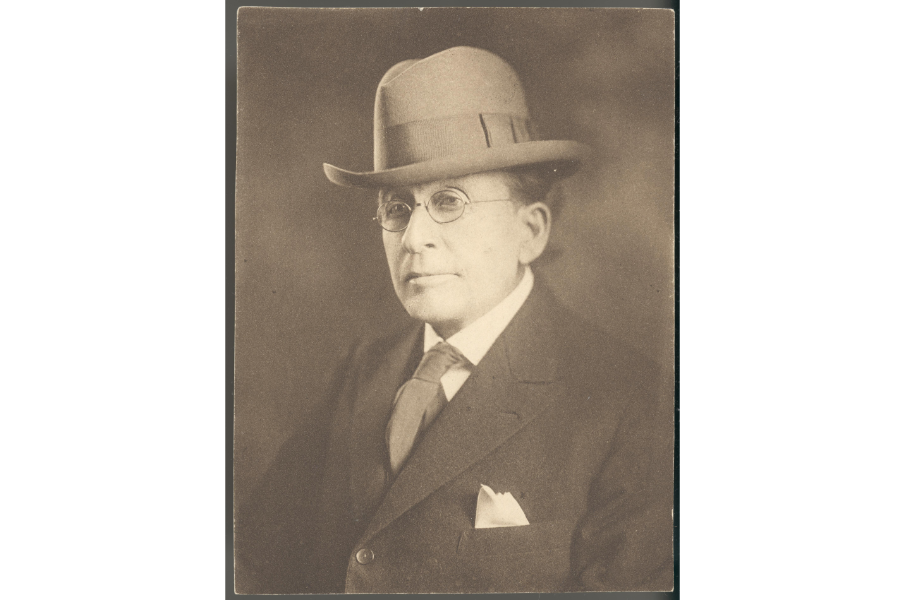
Portrait of Moses P. Kinkaid, Congressman, 6th District, Nebraska. Later in life.
In 1904, President Theodore Roosevelt signed a bill sponsored by Moses P. Kinkaid of O’Neill, which allowed homesteaders to claim 640 acres of land in certain parts of western Nebraska where smaller farms were impractical. Most of the new farmers, called Kinkaiders, had higher hopes than they ever had profits. “The Kinkaider Comes and Goes,” the title of a 1930 article by Mari Sandoz, telegraphs the end of the story. Still, the Kinkaid Act brought many people and and some permanent settlement to the Sandhills. And enough stuck around long enough to create a song, later collected by Nebraska folklorist Louise Pound.
THE KINKAIDER’S SONG You ask what place I like the best The sand hills, O the old sand hills The place Kinkaiders make their home And prairie chickens freely roam In all Nebraska’s wide domain Tis the place we long to see again The sand hills are the very best She is queen of all the rest The corn we raise is our delight The melons too are out of sight Potatoes grown are extra fine And can’t be beat in any clime The peaceful cows in pastures dream And furnish us with golden cream So I shall keep my Kinkaid home And never far away shall roam Then let us all with hearts sincere Thank him for what has brought us here And for the homestead law he made This noble Moses P. Kinkaid



